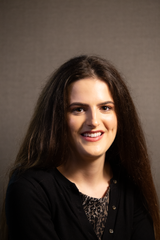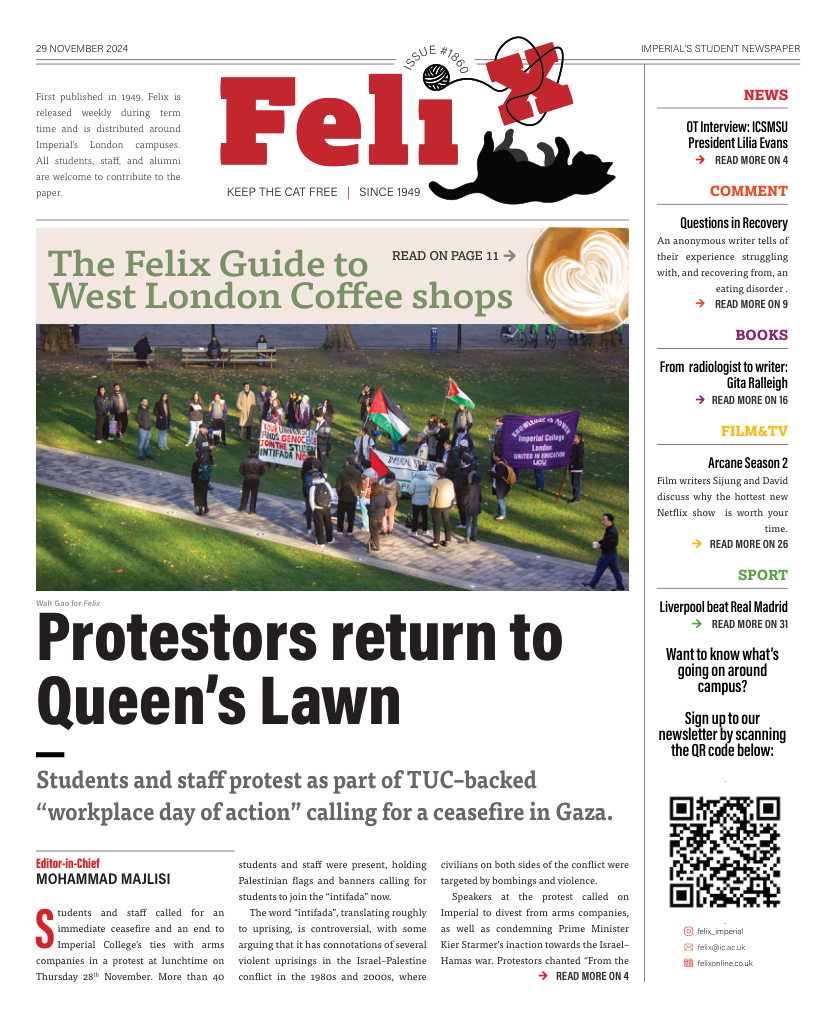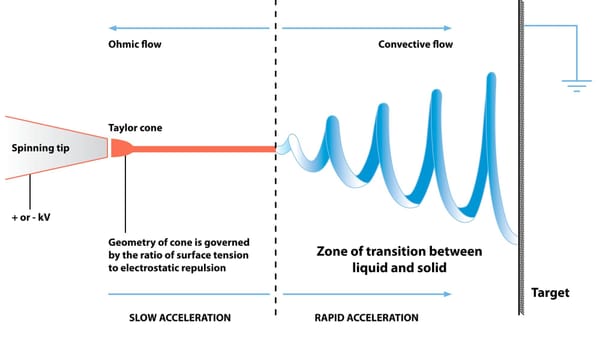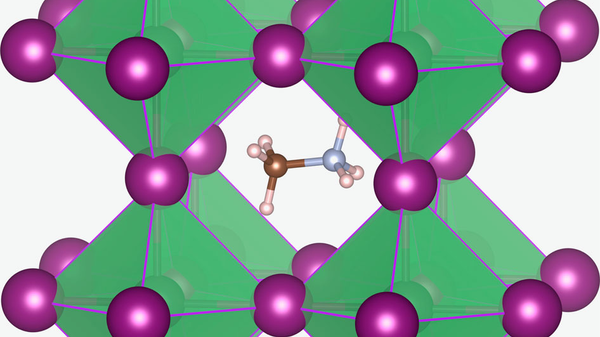Julia Gillard’s vision for 2025 and beyond
The key takeaways from the former Australian Prime Minister’s lecture delivered at Imperial’s Institute of Global Health and Innovation.
Former Prime Minister of Australia, Julia Gillard AC, visited Imperial last week to deliver a lecture hosted by Imperial’s Institute of Global Health Innovation.
Gillard was Prime Minister of Australia between 2010–2013. During her time as PM, she led the management of Australia’s economy following the global financial crisis and delivered policies which reformed education. Her government also implemented carbon–based emissions trading which upon its introduction dropped emissions from companies subject to the scheme by 7%.
In 2017, Gillard was appointed a Companion of the Order of Australia “for eminent service to the Parliament of Australia”. In 2018 she was listed as one of BBC’s Top 100 Women. In 2021, Gillard became chair of the Wellcome Trust – a charitable foundation supporting research and innovation in medicine, public health, mental health and climate change. The trust was set up in 1936 by the pharmaceutical magnate Henry Wellcome.
Gillard’s lecture, entitled ‘2025 and beyond: Outlooks for Science and Global Co-operation’ canvassed the expectations and hopes for science and politics in 2025. Two members of Felix’s science editorial team attended the lecture – here were the key takeaways.
The need for global co–operation within science
Julia Gillard opened the lecture with reflections on how she felt towards the future nearly 25 years ago at the dawn of the new millennium. She recalled hope that “we would be able to take on the challenges of the new century” and mused that things aren’t playing out quite how she had expected. Her lecture reflected on the critical need for global co–operation within science and policy during this time of great political uncertainty, while acknowledging that “entrenched inequalities, economic turbulence, and geopolitical tensions” have made such a collaboration increasingly complex. As the centenary of penicillin’s discovery fast approaches, she made apt reference to the all–too–familiar story of Alexander Fleming to emphasise this idea, humorously highlighting his position as one element in a larger framework; compromising of his wider team, Howard Florey’s team at Oxford, and Dorothy Hodgkin, whose work enabled penicillin’s isolation and development of stronger antibiotics. History reminds us that science is done best when it consists of international and interdisciplinary efforts and stands to emphasise that collaboration is essential to addressing shared global challenges.
Optimism amidst disinformation
I was appreciative of her optimism, even amidst disinformation, political polarisation, and global inaction.
To pull a quote that judiciously summarises her overall sentiments:
“I’m an optimist, a believer that the turmoil of this current world is a prelude to an era of fundamental change… an era in which we will renew and renovate global institutions and democratic structures in which we will address the fundamentals driving inequality.
[An era] in which we find our way back to facts, evidence, truth and in which we find hope in the power of science to keep us moving forwards as a species.
Growing funding for global research
Gillard pointed out Wellcome’s growing funding in research, particularly in low-income countries. “Wellcome’s funding for research in low and middle income countries has been increasing. Our funding for research in the UK has also been increasing thanks to the strong performance of our financial investments over the past 10 to 20 years.”
Wellcome Trust state its work is funded from an investment portfolio that
currently stands at £36.8 billion. The trust said they will spend £16 billion to support new discoveries in science and support research combating challenges in health and climate change, infectious diseases and mental health.











